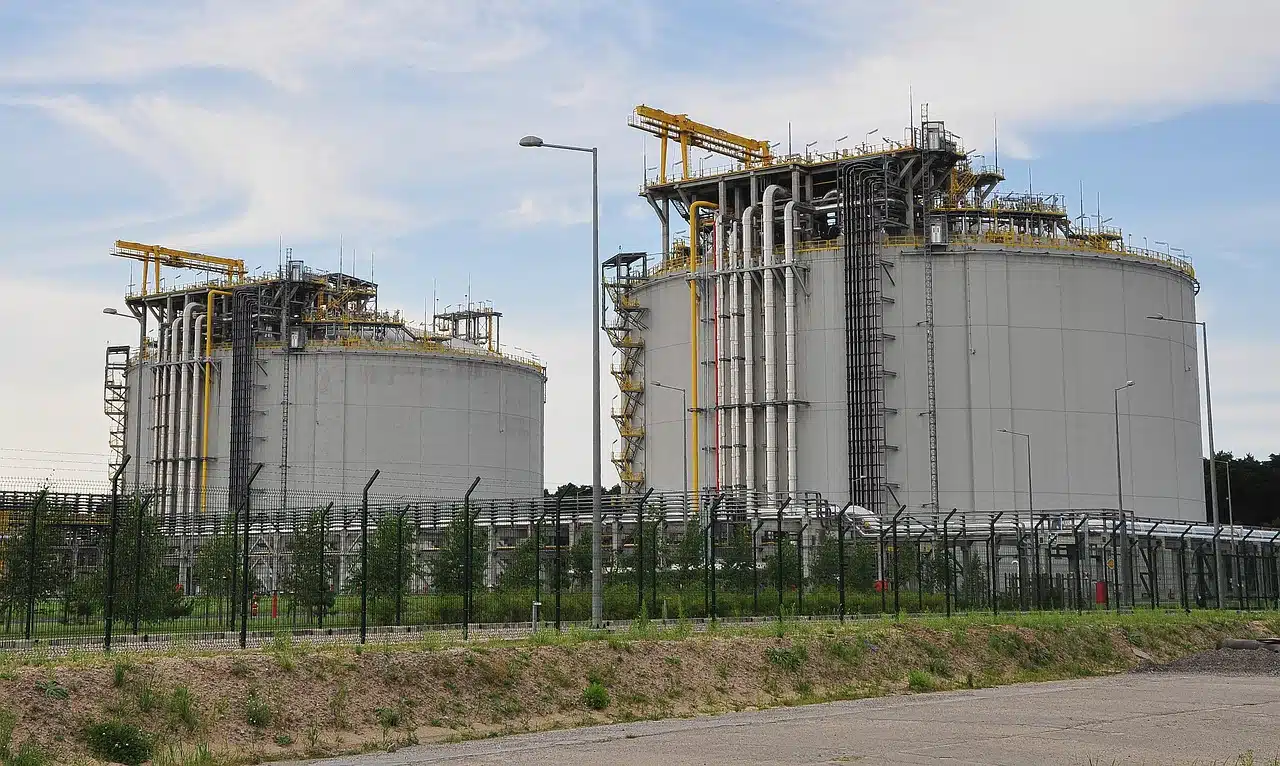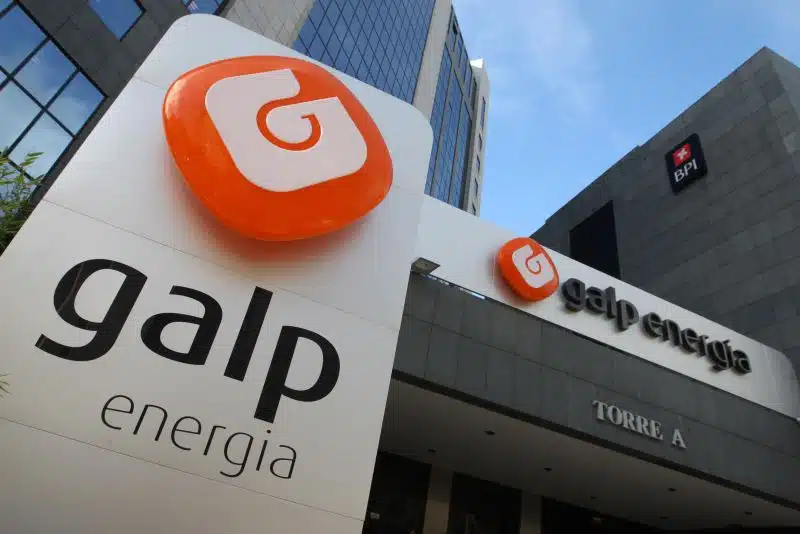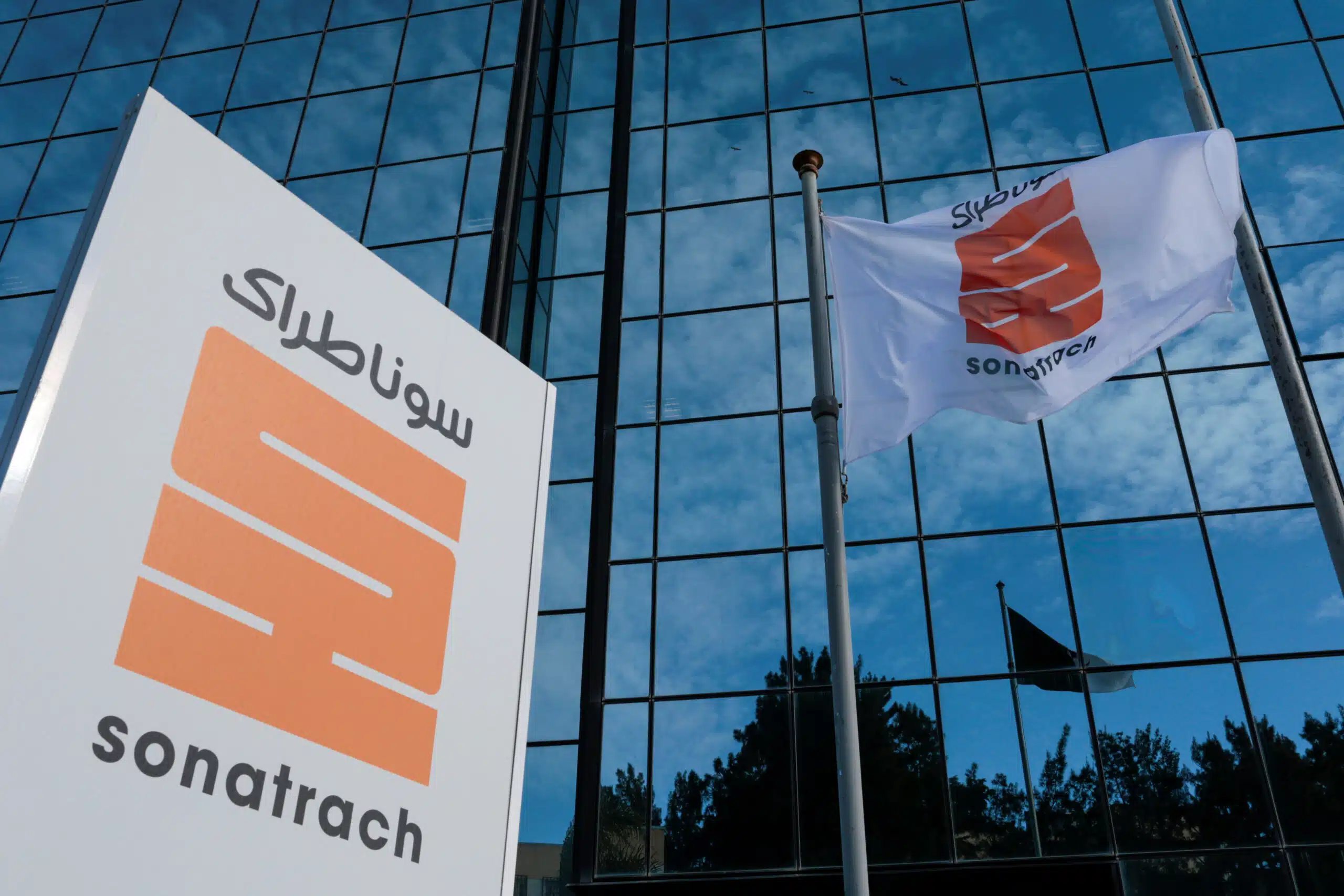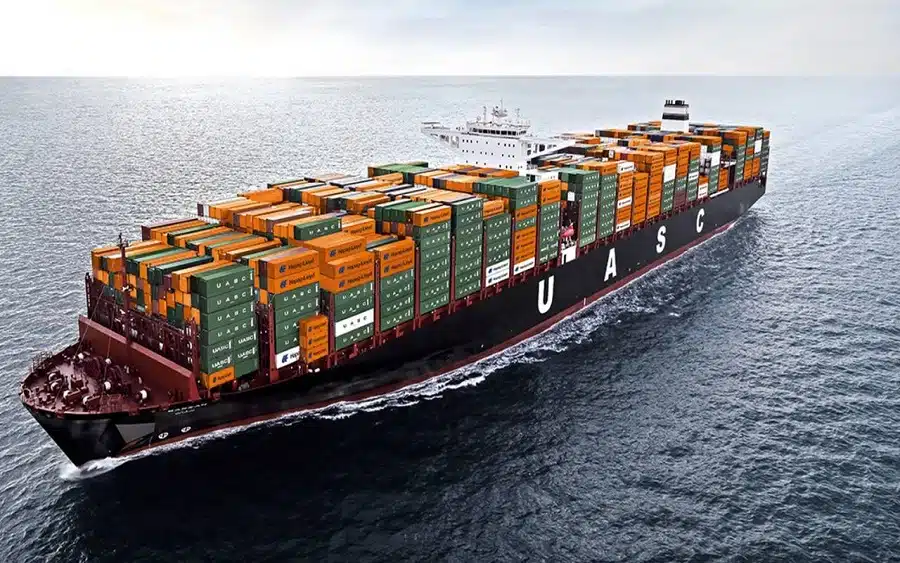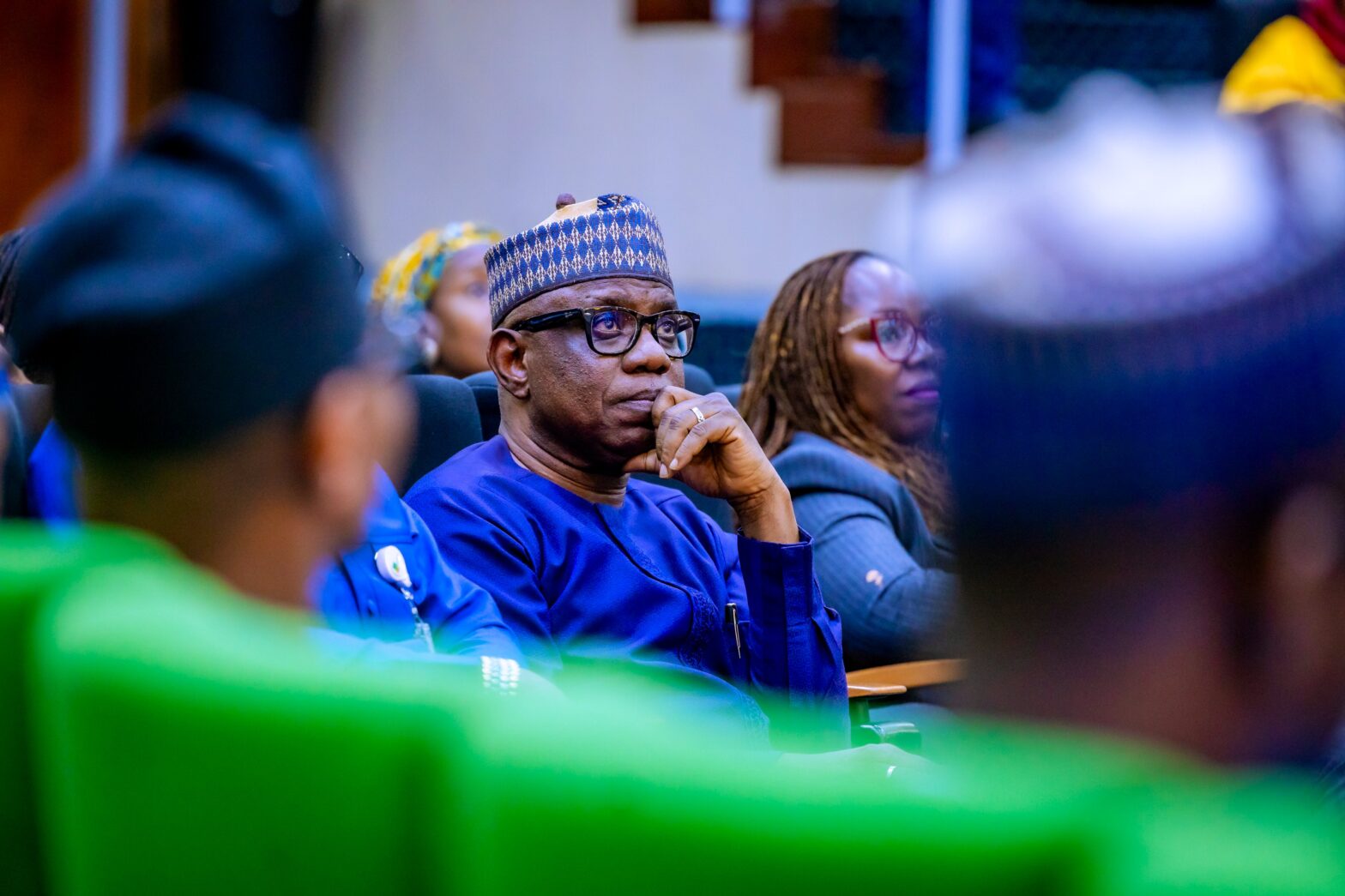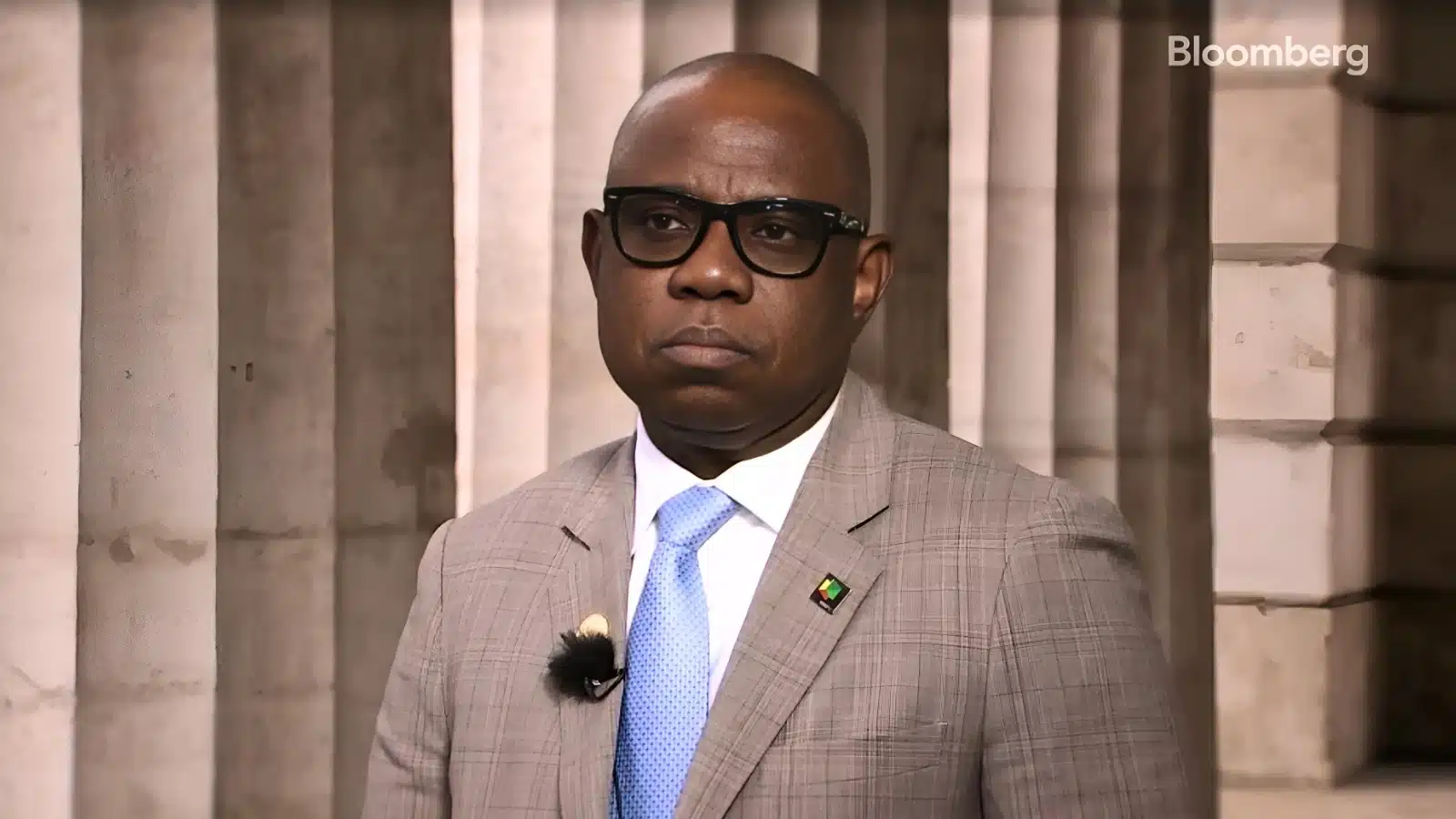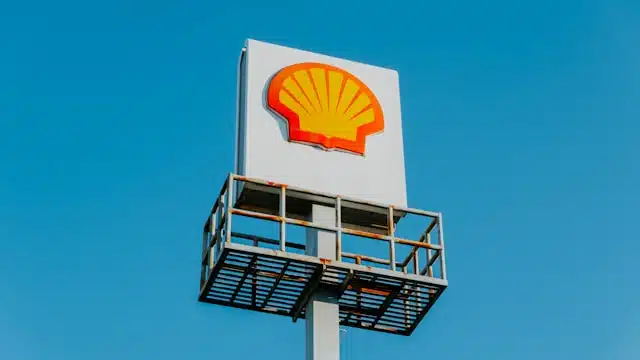Ghana has initiated plans to construct a second gas processing plant (GPP II), aimed at increasing the country’s gas processing capacity and saving an estimated $500 million in annual expenditure on imported liquid fuels.
This was revealed on Monday by Energy Minister John Abdulai Jinapor while inaugurating a cross-sectoral implementation committee for the project as part of a broader strategy to enhance energy security and fiscal sustainability in the West African economy.
The country currently spends over $1 billion annually on liquid fuels to power thermal plants, a cost deemed unsustainable by Jinapor.
He argued that investing half of that amount into domestic processing infrastructure could save Ghana up to $500 million each year.
The Energy Minister also stressed that building a new gas plant would not only alleviate this financial burden but also create around 1,500 direct and indirect jobs upon completion.
Meanwhile, Finance Minister Dr. Cassiel Ato Forson said that the savings from the plant could offset its construction costs within two years, urging the newly inaugurated committee to expedite the project’s development.
The GPP II will complement the existing Atuabo Gas Processing Plant, which processes 120 million standard cubic feet per day.
Atuabo is Ghana’s only operational gas plant as of now.
Early this month, a technical fault on Jubilee FPSO triggered a temporary suspension of gas supply to the Atuabo gas processing plant.
The incident disrupted gas transmission to power companies and industries that depend on the plant for daily operations, revealing the country’s vulnerable gas infrastructure.
The new facility is expected to help address the estimated $151 million annual losses from unprocessed natural gas liquids and meet the country’s growing demand from power generation and industrial sectors.
The gas initiative aligns with Ghana’s commitment to strengthen its energy infrastructure, reduce reliance on imported fuels, and foster economic growth.
Outside the plan to build a second gas plant, the Ghanaian government is also devoted to a comprehensive roadmap for its downstream oil sector roadmap.
Under the multi-billion plan, Accra would construct three new oil refineries, five petrochemical plants, and ten tank farms over the next 10 years.
Ghana currently depends on imports for over 90% of its refined petroleum products, a scenario the Energy Ministry claims has further aggravated the country’s debt crisis.

